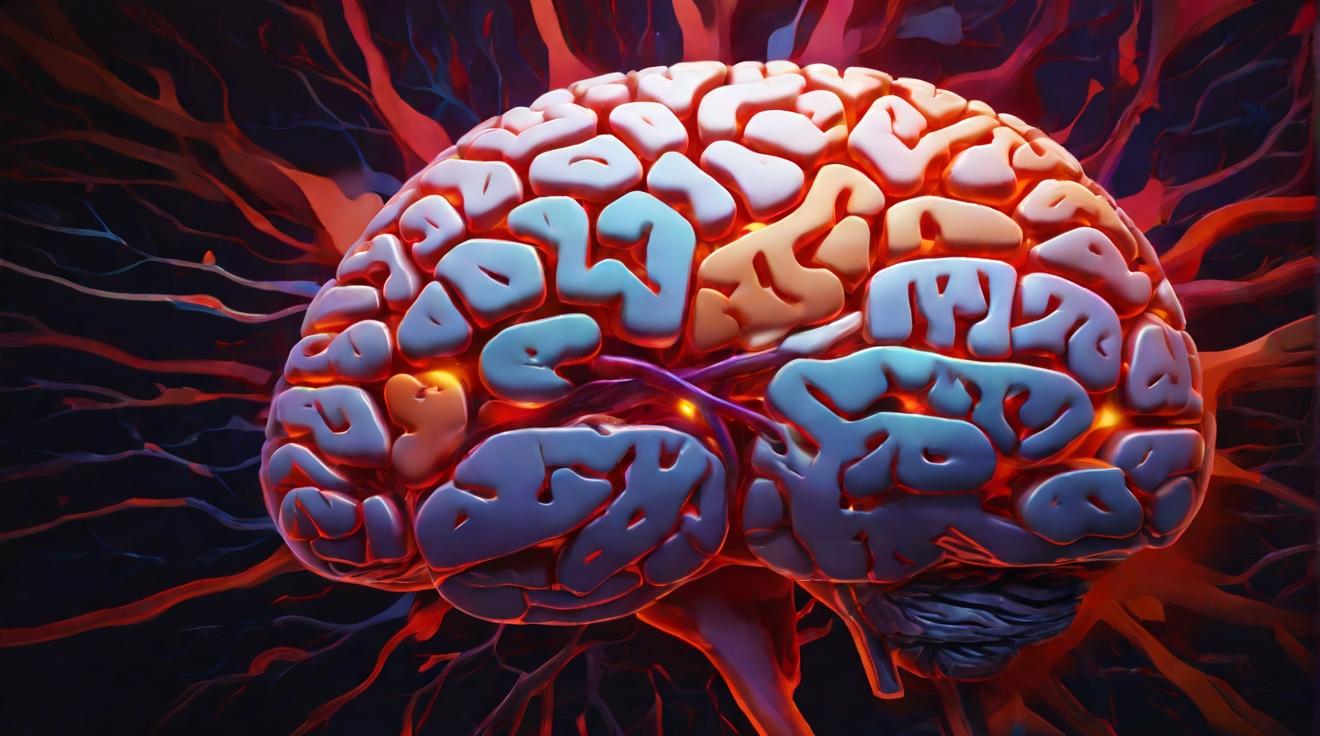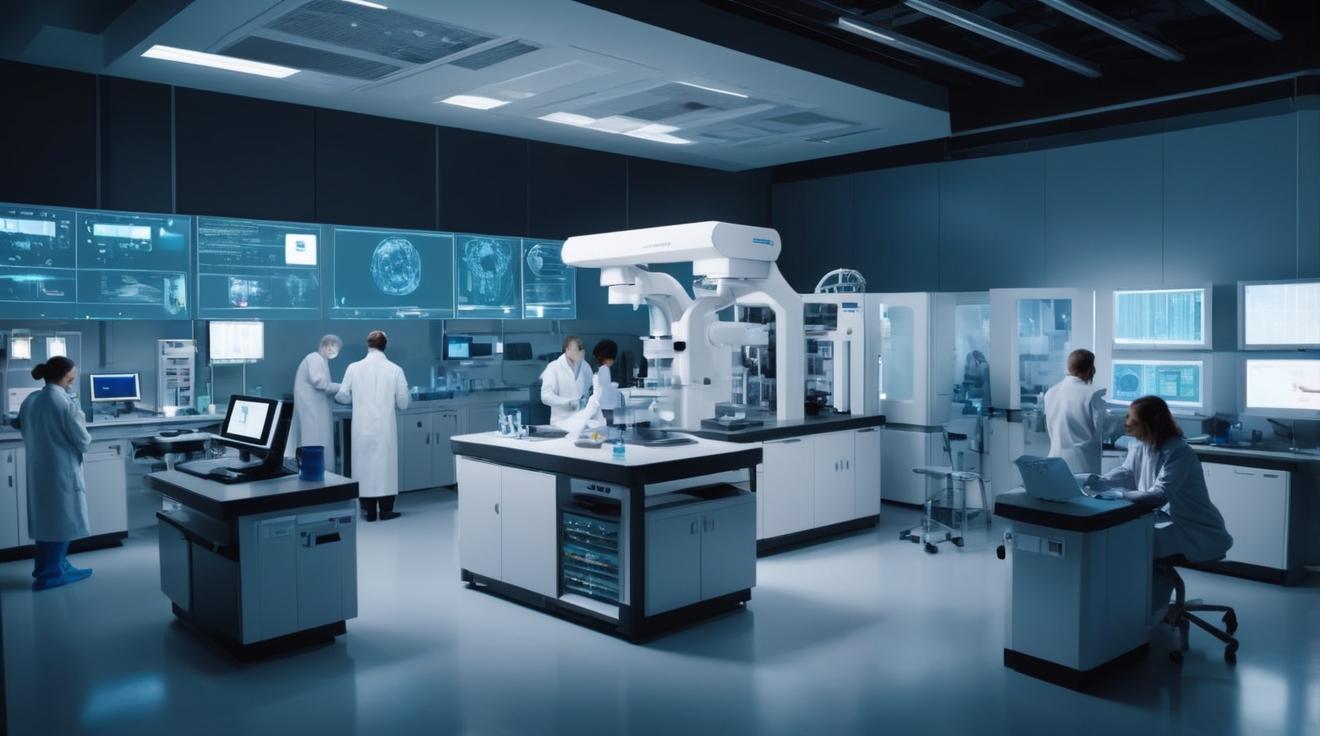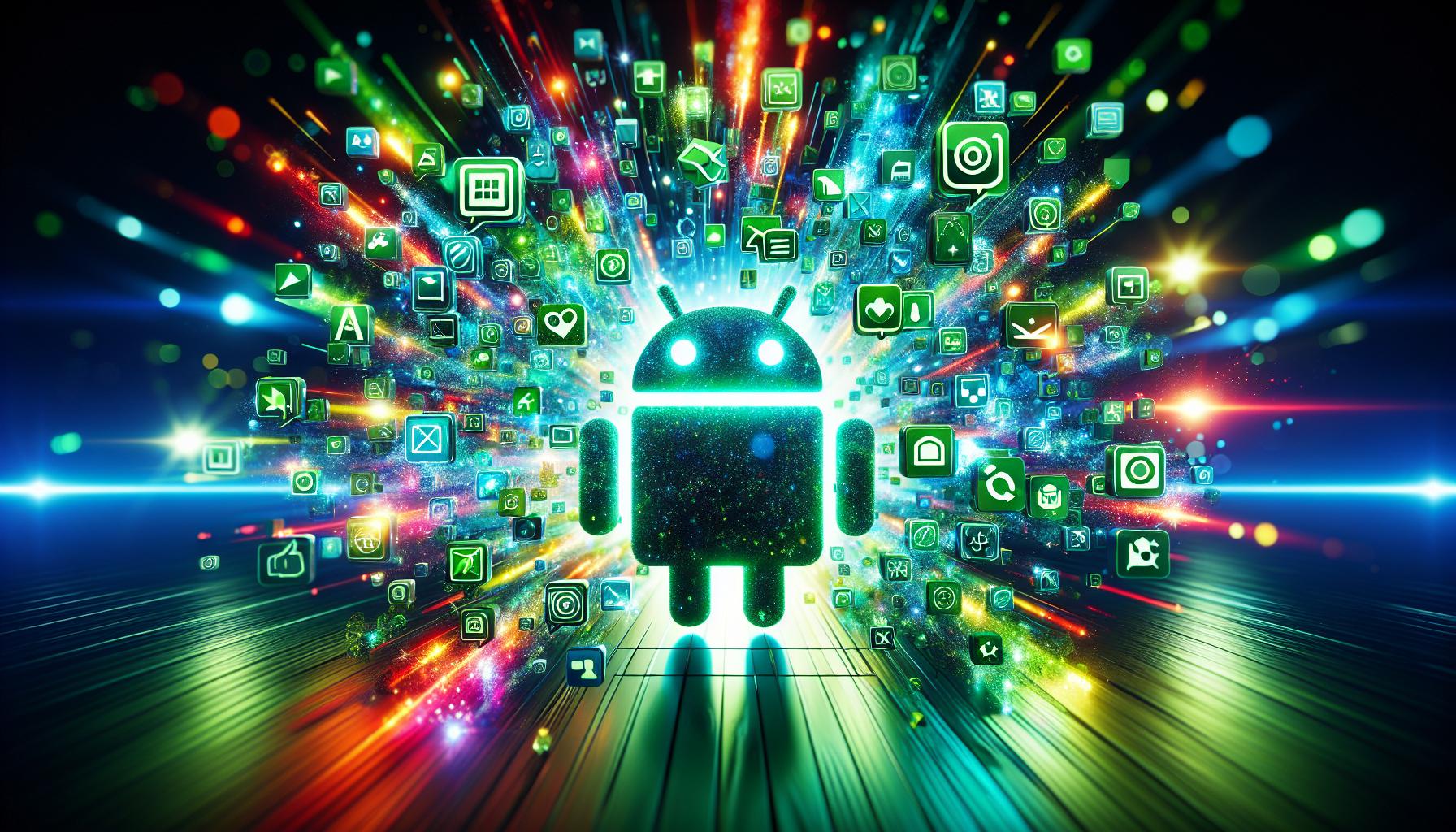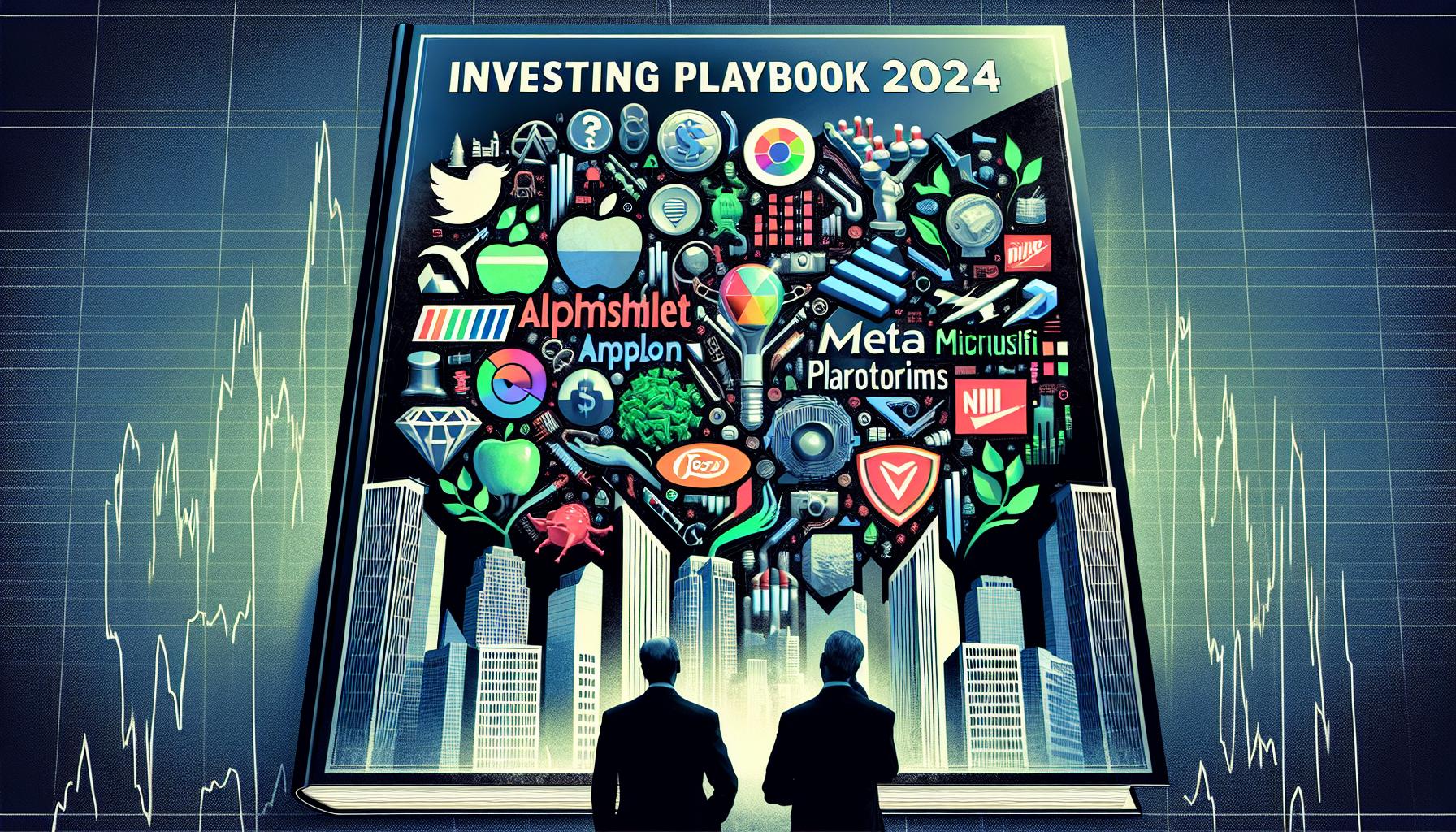Revolutionary AI Model Shows Promise in Diagnosing Stroke-Related Brain Lesions
In a groundbreaking study published in the renowned journal Neurology, researchers from SUNY Downstate Health Sciences University and Yale University have unveiled the staggering potential of GPT-4, an advanced AI language model, to accurately identify the location of brain lesions caused by strokes. This state-of-the-art technology demonstrated an impressive 85 percent accuracy rate in pinpointing the broad region of the brain affected, utilizing nearly 50 published case reports.
The innovation showcased by GPT-4 in analyzing clinical notes to locate brain lesions after strokes marks a significant leap forward. Particularly in scenarios where the availability of brain scans and neurologists is scarce, the ability of this model to correlate specific symptoms with the corresponding brain structures is nothing short of revolutionary. It reflects a profound understanding of context and the nuanced relationships between words that closely mimic human reasoning.
However, it's not without its limitations. The researchers have candidly addressed that GPT-4, while highly effective, is prone to inaccuracies in certain situations, especially when working with minimal information or when confronted with confounding factors. This calls for a more comprehensive testing phase on full, real-world medical records before GPT-4 can be deemed ready for clinical deployment. Patient privacy, safety, and liability also remain paramount concerns that demand careful consideration.
Despite these hurdles, the potential applications of GPT-4 in the medical field are immense. For resource-limited settings, the utilization of such AI could prove to be a boon, enabling physicians to deliver more accurate diagnoses without the need for expensive diagnostic tools. As the study purports, GPT-4 is on the brink of becoming an invaluable asset in diagnosing brain and nervous system disorders, heralding a new era of AI-assisted healthcare that promises to enhance the precision and accessibility of medical care across the globe.
This development not only reiterates the transformative impact of AI on healthcare but also underscores the necessity for ongoing collaboration between technologists and medical professionals to refine and adapt these tools for the betterment of patient outcomes worldwide.
Analyst comment
Positive news. As an analyst, the market for AI technologies in healthcare is expected to grow rapidly. GPT-4’s ability to accurately diagnose stroke-related brain lesions could lead to increased adoption of AI in medical settings, improving diagnosis accuracy and accessibility. However, further testing and consideration of patient privacy and safety are crucial before clinical deployment. Ongoing collaboration between technologists and medical professionals will be essential for refining and adapting AI tools for optimal patient outcomes.













